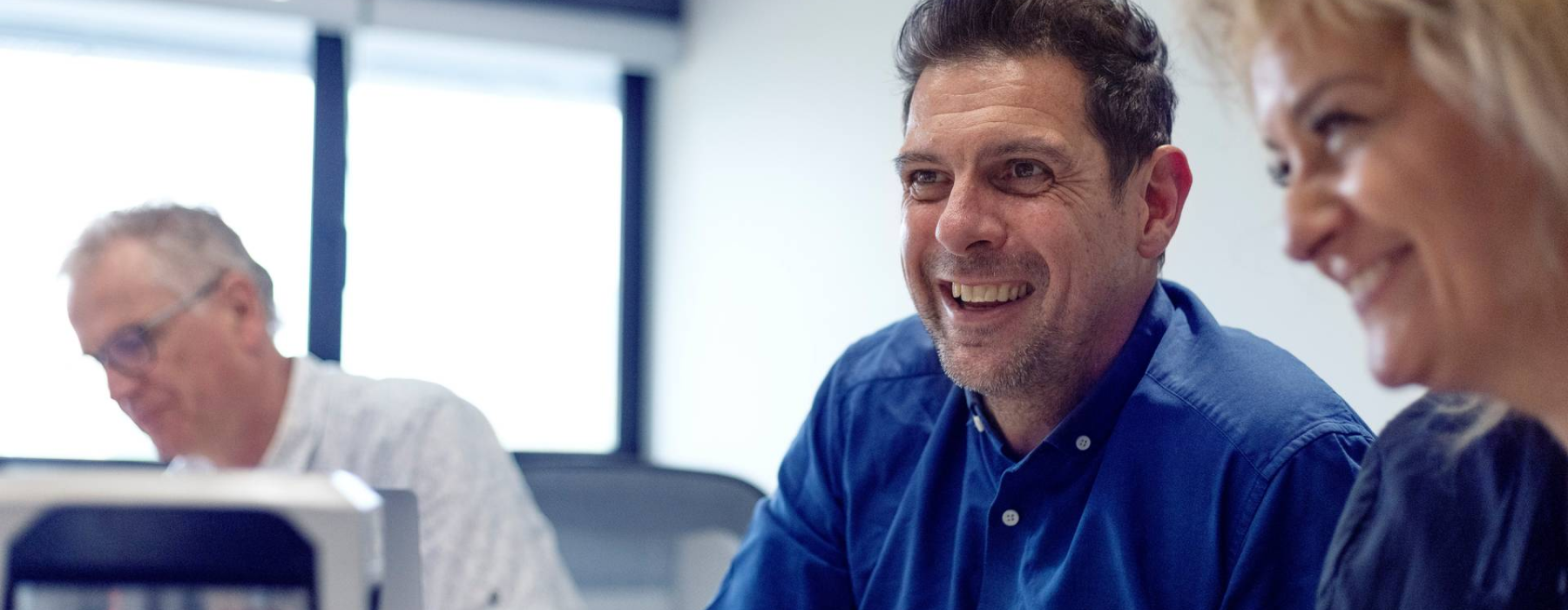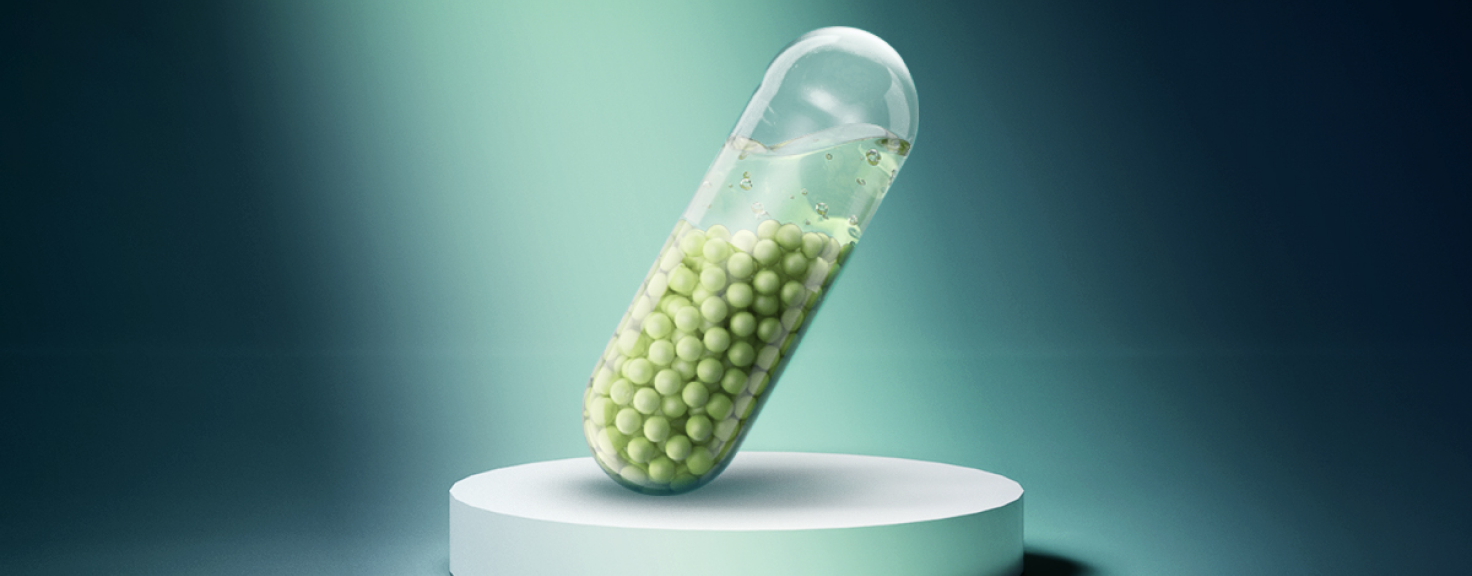- Blogs
7 healthy habits to improve quality of life for working professionals

The article highlights the impact of workplace habits on productivity and mental health. It suggests creating routines to reduce stress, taking mental breaks for rejuvenation, focusing on one task at a time to avoid distractions, making healthy meal choices, staying hydrated, incorporating physical activity into daily life, reflecting on daily activities for improvement and cultivating hobbies for personal growth.
For most of us, a third of our life is spent working, which means that the quality of our life is influenced by our job and the habits developed while at work. Productivity at work is also a consequence of these cultivated habits.
The key to developing good mental health is to first understand what conscious or subconscious habits are already developed along with their impact. Secondly, focus on being attentive to your individual needs; the body always provides signs and symptoms.
Here are the steps to begin your wellness journey:
Create a routine: Stress reduction is a direct result of having an organised pattern to operate through the day. Based on a study by researchers at Tel Aviv University, routines help calm anxiety.
To create a routine, first, understand your existing patterns (understand what kind of tasks you prefer doing at which hour in the day as every person has their own circadian rhythm), then make a list of a typical day and what is critical and important with reference to your rhythm. Try to create this routine inclusive of your diet regime. Organise these details but also stay flexible.
Breaks: Mental breaks are as important as physical ones. Remember a break is to allow you to rejuvenate and not to scroll on social media. If you are an extrovert, you may enjoy 15 minutes away from the desk with a companion to talk with. If you are an introvert, you may want to watch a green patch for a similar kind of refreshing energy. If you are lucky enough to be working from home, you may even want to take a 20 minute nap. Maybe next time, take a coffee shot before the nap (not on an empty stomach), snooze for 20 minutes and then try getting back to work. The time taken by the coffee to kick in and the freshness from your nap will provide you with a double dose of boost.
Limit distractions: Focus on one task at a time. Research indicates that productivity is better when we focus on a single task. Don’t forget to mute the notifications. Very often multi-tasking is considered a skill; however, based on studies, the brain is designed to focus on one task at a time. Hence, if you are multitasking, you are probably not as efficient in all the tasks as you would be if you focused on one at a time. Over a period of time, multi-tasking has also been associated with impacting memory and causing depression due to higher stress levels. In an attempt to have a quick response in the present, you may be slowing yourself for the future.
Meal choices: Ensure you are having your annual medical check ups post 30 years of age to catch any early clinical parameters that are derailing. For micronutrients such as Vitamins and minerals, consider your health care provider’s instructions to avoid common concerns such as muscle cramps from Magnesium or B complex deficiency or hormonal shifts due to a Vitamin D deficiency, etc.
Be careful of dehydration especially if you continuously work in an air-conditioned environment. We often feel thirsty much after dehydration has set in and a headache begins to surface. Sipping water regularly instead of any other beverage will ensure you are well-hydrated and stay focused.
Physical activity: Start with something as simple as closing your eyes or doing eye exercises if you are a regular screen user. Progress to stretches without pushing too much to avoid pulls. Take the stairs or walk while on calls. Try to conduct standing meetings in the office. Find a companion to join you for a walk either before lunch or actively commute with you. Having a buddy will ensure you are compliant and will make time to be physically active especially when your own motivation for such tasks is not high.
Reflecting on the day: Thinking of the day that was for the scope of improvement and areas where you can outsource activities that take up time but are not critical for you to manage. This will help you be better organised for the upcoming day and week. Since you are already accounting for stressors or unprepared situations that overwhelmed the present day, you are also training yourself to be composed for a similar situation in the future by appreciating whether your present action was a response or reaction. Reflections help you identify the habits you want to sustain versus those that you may wish to refine.
Cultivating a hobby: Your work defines a large part of your life but it is not your entire life. Find time to enjoy leisure activities that enable you to be at peace with yourself and nourish who you are. Make a list of things that help you relax. It could be creating music, gardening, cooking and making time during the weekends to develop these skills either formally or by self-learning.
While it is very easy to get back to previously learned behaviours, it will definitely take some motivation and grit to make and sustain new habits. After a month of working on yourself, the habits will definitely start becoming a part of your daily life without additional intervention. A few ways to assess if you are on the right track is by rating yourself before you initiate these changes and a month later.
You could use a 5-point rating scale (5– Always, 4–Frequently, 3- Often, 2- Sometimes, 1- No at all) to answer the following questions:
- Physical: I am usually very tired/exhausted or fall sick frequently
- Psychological: I am anxious and depressed
- Existential: My life has meaning and purpose
- Social: I communicate with the people I care
- Environmental: My physical environment meets my needs
- Cognition: I am able to think clearly
The above questions are a shortened version of McGill’s Quality of Life Questionnaire which one can use to check for themselves the impact of changes in habits. The only point of reference is the one you create for yourself.



